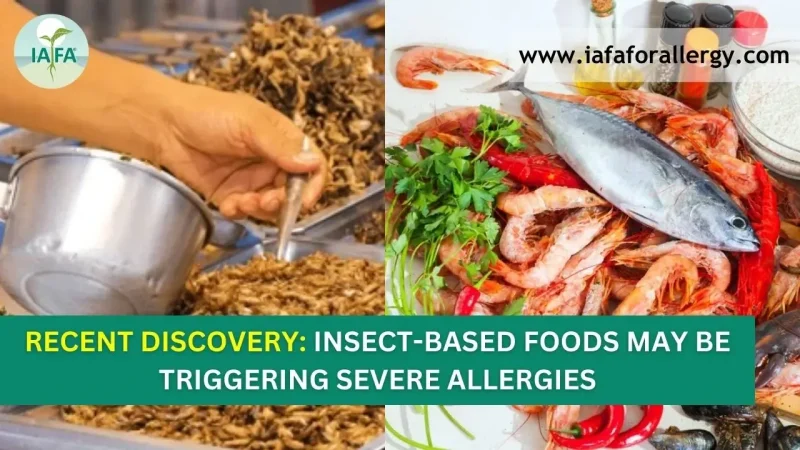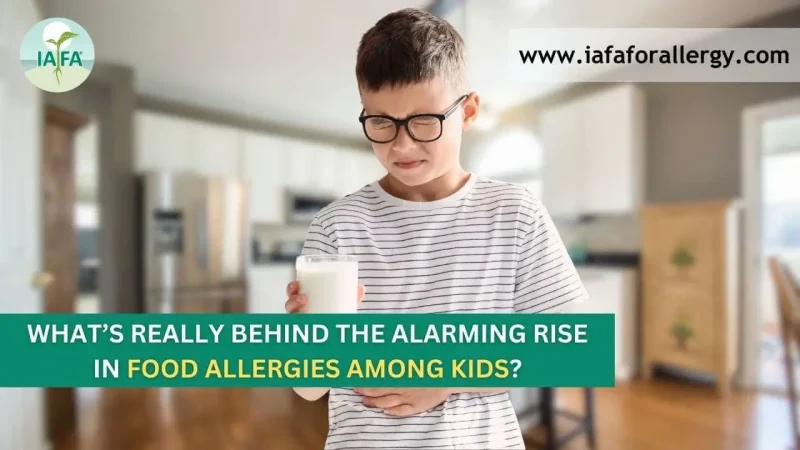Overview
When talking about food allergies, talking about egg allergy is almost mandatory. Eggs top the list of allergy-causing foods for children. An allergic reaction to eggs may trigger directly or from foods that contain eggs. In most cases, people are allergic to egg whites and not egg yolks. But it is generally advisable to restrict the consumption of both to be safe.
Egg allergies generally develop during infancy and most children outgrow the allergy before reaching adolescence. Symptoms of egg allergy usually begin to show within a few minutes to a few hours post a direct or indirect consumption of eggs and can range from mild to severe symptoms.
In this article, we will discuss the causes and symptoms of Egg Allergy as well as effective treatment procedures to avoid egg allergy naturally.
Causes of Egg Allergy
When the immune system mistakes the egg protein as harmful and releases histamine and other chemicals as a reaction, allergic signs and symptoms begin to show. The protein that triggers the allergic reaction is present in both egg whites and yolk. It is possible for infants who breastfeed to show symptoms of egg allergy if egg proteins are present in mother’s milk post egg consumption.
Various other factors, such as:-
- Atopic Dermatitis
- Age, or
- A family history
May also contribute to the risk of developing an egg allergy.
Symptoms of Egg Allergy
Symptoms of egg allergy begin to show soon after the exposure to egg. The symptoms usually vary from person to person but essentially include:
- Digestion problems
- Stomach cramps
- Diarrhea
- Vomiting
- Nausea
- Shortness of breath
- Nasal congestion
- Runny nose
- Sneezing
- Skin inflammation
- Hives
- Symptoms related to asthma such as coughing, wheezing, or tightness of the chest.
Hives and skin inflammation are the two most common symptoms of an egg allergy.
Natural Tips to Avoid Egg Allergy
Below are listed a few precautions that must necessarily be taken to Avoid Egg Allergy:
- Make sure you check food labels thoroughly before buying groceries to avoid consuming even the slightest traces of egg.
- Be extra careful when consuming baked products for an egg is a vital ingredient when it comes to baking.
- While dining in restaurants or outside the home, make sure you highlight your sensitivity to egg to your server before ordering or consuming anything.
- If your child is allergic to eggs and goes to school, or under the care of relatives or caregivers, always remember to communicate to them about the same and be prepare them for emergencies.
- If you’re breastfeeding completely avoid consuming eggs as the egg protein may pass on to your child.
Terms that Indicate Egg Usage in Food Products:
- Lysozyme
- Vitellin
- Livetin
- Globulin
- Albumin
- Lecithin
- Ovalbumin
- Ovoglobulin
Food Products that may contain Egg:
- Mayonnaise
- Meringue
- Marshmallows
- Bread
- Baked goods
- Marzipan
- Frosting
- Custard
- Pudding
- Processed meats
- Meatball
- Meatloaf
- Salad Dressings
- Pasta
- Pretzels
- Cream pies
- Puffs
- Lollipops or other candies
- Croissants
- Cappuccino (to make the drink frothy)
- Souffles
- Mousse
- Wine processing
- Soups like consommes
- Sauces
Treatment of Egg Allergy
Ayurveda suggests several alternative treatments to treat egg allergy besides avoiding egg consumption. These include herbal remedies, special diets, and acupuncture.
Foods that generally help in treating symptoms that are common to other food allergies and eggs include:
- Probiotic Food such as yogurt is an excellent cure to treat digestion-related problems such as cramps and diarrhea. It maintains a good bacteria balance in the gut.
- Food Rich in Vitamin C such as oranges, lemons, strawberries, kiwi, grapefruits, broccoli must be included in the diet as they help in eliminating toxins from the body.
- Nettle Tea helps in combating symptoms like runny nose, skin rashes, nausea, stomach cramps, etc. The tea must be consumed daily to gain relief.
- Ginger and Garlic both contain antibacterial, anti-inflammatory, and antioxidant properties that help in treating gastrointestinal comforts by aiding digestion.
Conclusion
The home remedies, precautions, and preventions discussed in the article are meant for providing relief from mild symptoms caused by egg allergies.
In case you need personal consultancy, contact IAFA®, where a team of Ayurvedic experts specializes in providing customized diets, herbal procedures, and therapies to help you gain relief from various food allergies. Book your appointment now!







